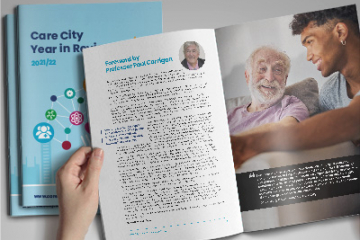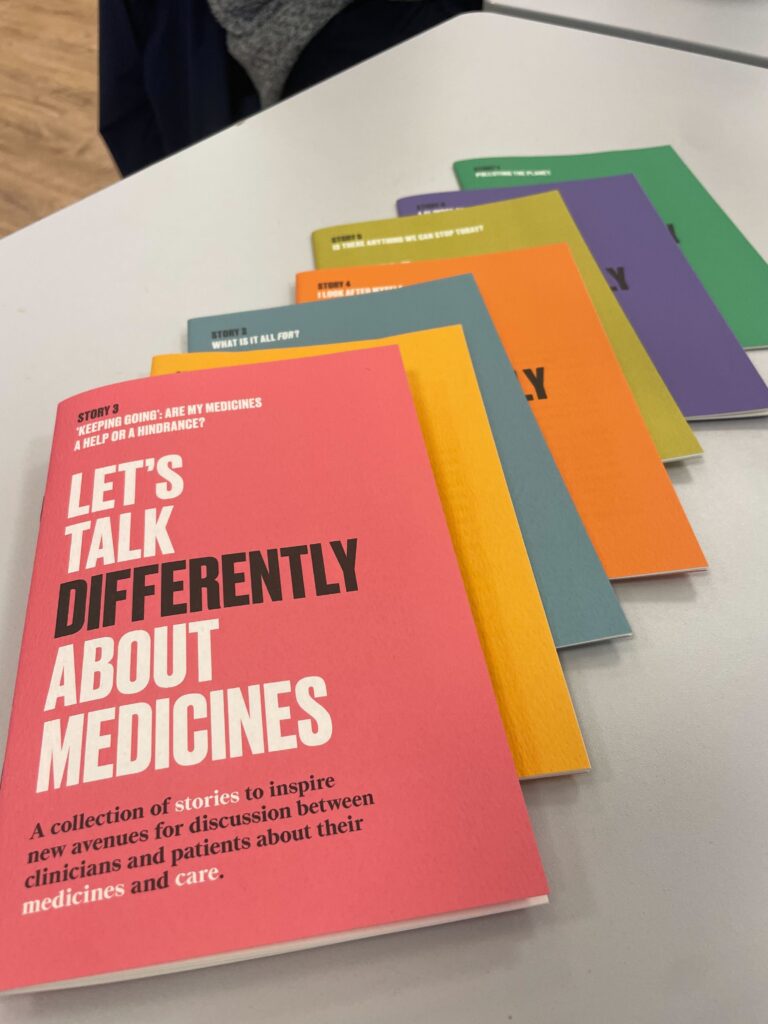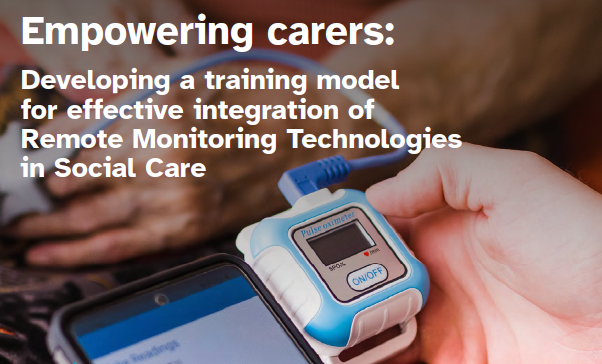Care City Year in Review 2021/22

Our Annual Report reflects on our workforce, innovation and research activity over 2021/22.
Over 2021/2022 we continued to further our joint mission of both health and social care whilst at the same time improving career opportunities for people in our locality. In fact, given that this year has seen the biggest staff shortages ever in health and social care services, it is difficult to see how the services can be improved without welcoming people into jobs who would not, in the past, have seen working in health and social care as for them. Care City helped to develop a relationship between these services and hundreds of people who had never thought of working in care.
One of the analogies that I developed over this year questioned the idea that a ‘ladder’ existed between health and social care employers and the large number of people who do not get good qualifications at the age of 18. The analogy of a ladder is one that everyone likes to use to describe what they think they are doing – providing a ladder of opportunity. In fact, there isn’t a ladder. For millions of people there are simply no rungs to climb up. There is nothing but a gap between where they are and where the jobs are. This makes millions of people think that this work ‘is not for me’.
Professor Paul Corrigan, Chair, Care City Board of Trustees
Care City is putting rungs in that ladder – rungs that people can see and start climbing, through their own hard work towards these new jobs. This is a start. And given the shortages of staff, Care City must continue for some years to come, recreate these relationships with potential staff. We also need to make sure we work with both NHS and social care employers to create new routes for entry into work.
This annual report also outlines our work with developing, testing and scaling innovations to create better care outcomes. As we move further and faster into a digitally enabled age it is vitally important that care is not left behind in an analogue age. The innovations we have piloted provide real opportunities to
enhance care for millions of people. They provide the opportunity to empower staff and public to much better provide care in peoples homes rather than insist that they go into hospital.



